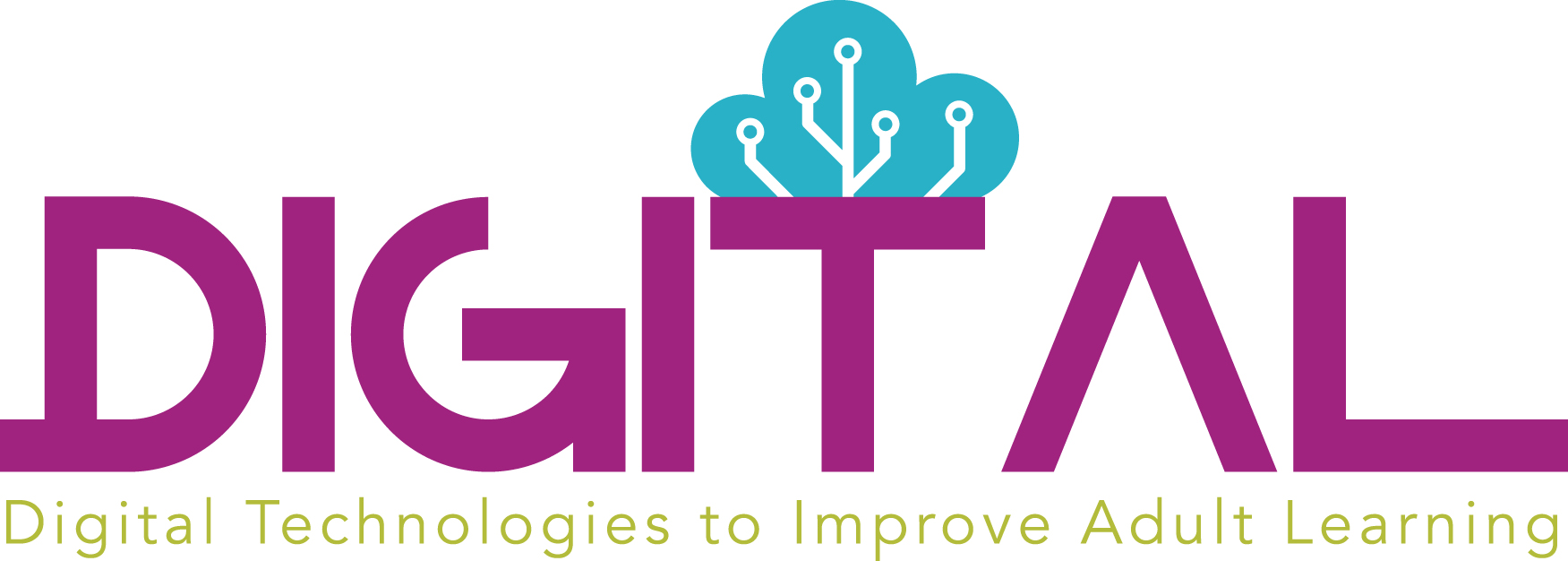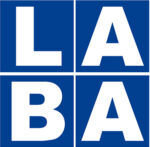
DIGITAL strives to increase the ability of educators who are working with low-skilled, low- qualified adults to use digital learning strategies and tools.
Approximately 90% of jobs today require some level of digital skills and both the Council Resolution on a Renewed European Agenda for Adult Learning (2011) and the Upskilling Pathways Initiative (2016) recommend adult education provision is strengthened to improve the digital skills of many millions of low-skilled or low-qualified adults who are most vulnerable in the labour market.
However, the integration of digital tools into adult education is lagging behind in France and our partner countries. France and Germany’s digital learning environment for adult education was characterized as “tentative” (and Greece “traditional”) by a 2015 Ecorys/Bertelsmann report which also noted that the most important driver of integrating digital technologies is teachers’ own digital abilities and confidence (EC, Adult Learners in Digital Learning Environments 2015). In addition, even educators who are keen to use digital teaching face such a large number of digital and cloud based educational tools, platforms and learning environments that it can be difficult to know where to start.
Therefore, DIGITAL has a clear objective: increase the ability and motivation of educators working with low-skilled, low-qualified adults to use digital learning strategies and tools in order to make learning more attractive, relevant, and boost their professional and personal development.
At the national level, the project will impact adult education by showing how it can and must adjust to harness the power of digital technology or risk failing itself and its trainees and clients. While at an international level, the project will impact positively on the ongoing work of EU bodies to develop robust yet practical frameworks for competence development and to close the digital skills gap.
 Le Laba, France
Le Laba, France
 Momentum, Ireland
Momentum, Ireland
 LEB, Germany
LEB, Germany
 Le Rocher de Palmer, France
Le Rocher de Palmer, France
 European E-Learning Institute, Denmark
European E-Learning Institute, Denmark
 Epistimoniki Enosi Ekpedefsis Enilikon, Greece
Epistimoniki Enosi Ekpedefsis Enilikon, Greece
